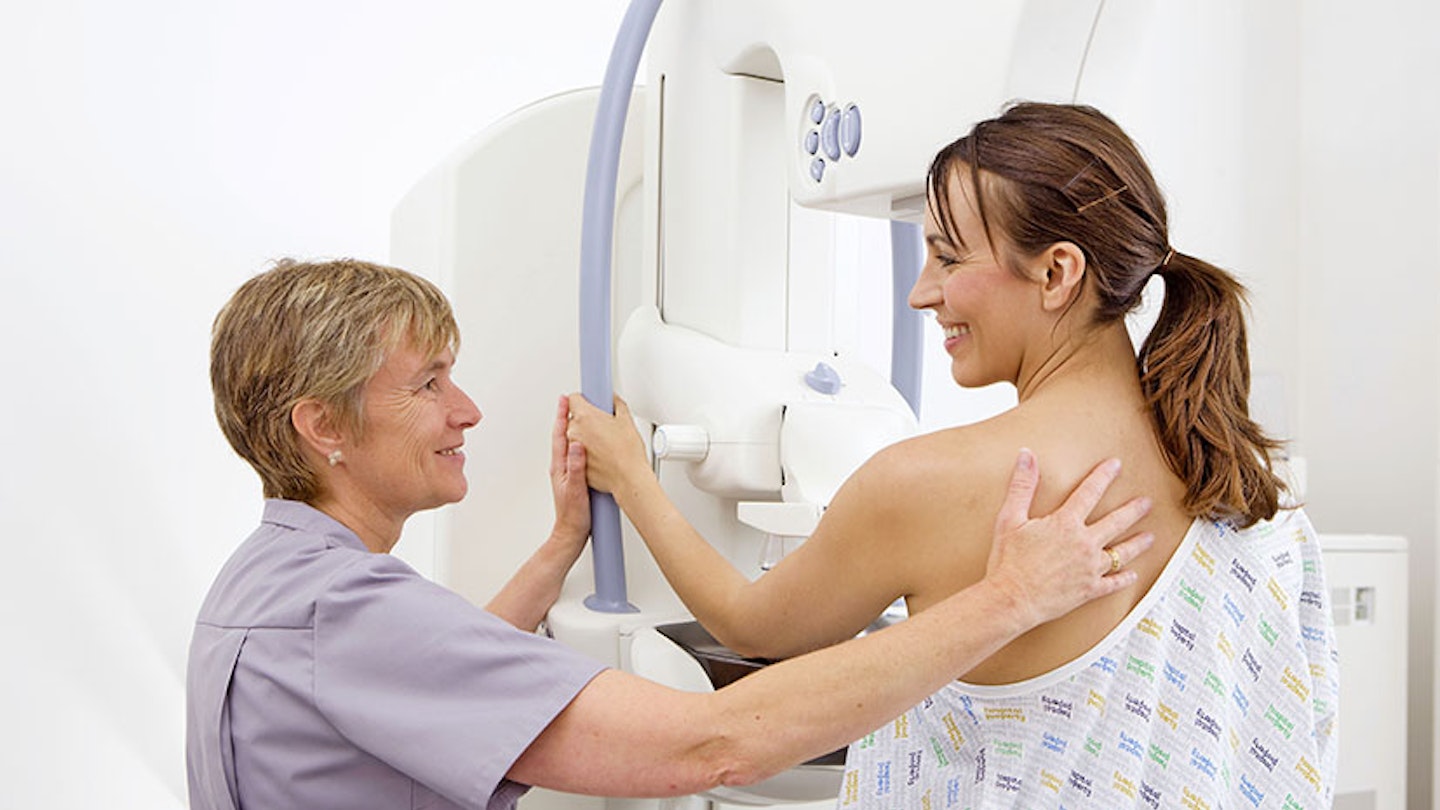Most of us will have made some kind of New Year’s resolution connected to health, such as eating more of what’s good for us or giving up smoking. In addition, experts say it’s also the perfect time to undergo basic health checks which could save your life…
Breast screening
Why it matters Around one in eight women in the UK is diagnosed with breast cancer. The earlier it’s detected, the more successful treatment is.
What happens? An X-ray of each breast, called a mammogram, is taken.
How often do I need it? Every three years, usually from age 50.
How do I book? You’ll receive an invitation to attend a screening between your 50th and 53rd birthday. Once you reach 71, you’ll no longer receive invitations but can still request a screening every three years.
Bowel cancer screening
Why it matters More than 90 per cent of bowel cancer cases can be treated successfully if diagnosed early. Screenings can spot early signs and can also check for small growths called polyps, which can turn cancerous over time.
What happens? There are two types of test. During a bowel scope screening test, a thin, flexible tube with a camera at the end is used to look for and remove polyps inside your bowel. For the home testing kit, you collect a sample and post it back to the laboratory for testing.
How do I book? If you’re 55, you’ll automatically be invited for a one-off bowel scope screening test, if it’s available in your area. Those aged 60 to 74 will automatically be invited to do a home test kit every two years. If you’re 75 or over, you can ask for a kit every two years by calling the free bowel cancer screening helpline on 0800 707 6060.
NHS health check
Why it matters This health check-up for adults is designed to spot early signs of stroke, kidney disease, heart disease, type 2 diabetes or dementia.
What happens? A health professional asks questions about your lifestyle and family history, measures your height and weight, takes your blood pressure and does a blood test, before offering you personalised health advice.
How often do I need it? Every five years between the ages of 40 and 74.
How do I book? You should receive an invitation from your GP or local council. You can also call your GP to book yourself in.
Blood pressure check
Why it matters Around a third of adults in the UK have high blood pressure which increases our risk of heart attacks, kidney disease or strokes.
How often do I need it? It’s recommended that those over 40 have their blood pressure tested at least every five years.
How do I book? Make an appointment with your GP or check if your local pharmacy offers this service.
Cholesterol check
Why it matters Too much cholesterol can make us more likely to have heart problems or a stroke.
What it is Your cholesterol can be checked with a blood test.
How often do I need it? Ask your GP for a test if you’re over 40, overweight, or if heart problems or high cholesterol run in your family. When we reach 40, we’re encouraged to have our cholesterol checked every five years.
How do I book? Speak to your GP to arrange a test.
Cervical screening
Why it matters Every year, cervical screening saves 5000 lives in the UK. It helps prevent cancer by detecting abnormalities which, left untreated, could lead to cancer.
What it is A nurse puts an instrument called a speculum into the vagina to take a small sample of cells from the cervix.
How often do I need it? People with a cervix aged 25 to 64 are eligible for a test every three or five years.
How do I book? Once you receive your invitation, ring your GP to book an appointment.
Eye check
Why it matters Eyesight tests not only show if you need glasses, but they also can detect health problems such as diabetes, high blood pressure, glaucoma and macular degeneration.
How often do I need it? Every two years.
How do I get booked in? Book an appointment with your local optician. You may be entitled to a free NHS test, so check before you go at nhs.uk
Please remember, screenings are for healthy people with no symptoms. If you have any symptoms you’re worried about, contact your GP immediately.
Please note that some services may be temporarily disrupted by coronavirus. For the latest information, visit nhs.uk
Edited by Stephanie May
